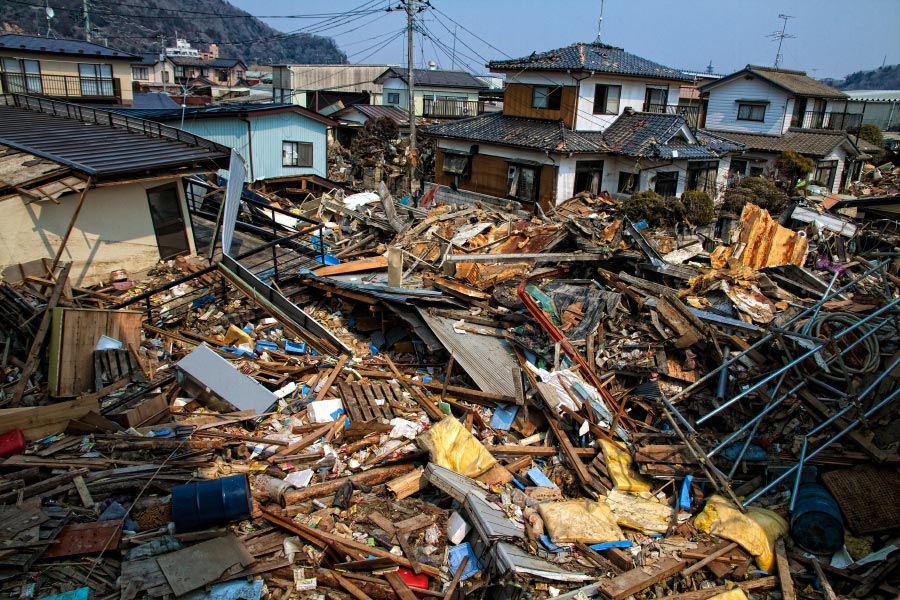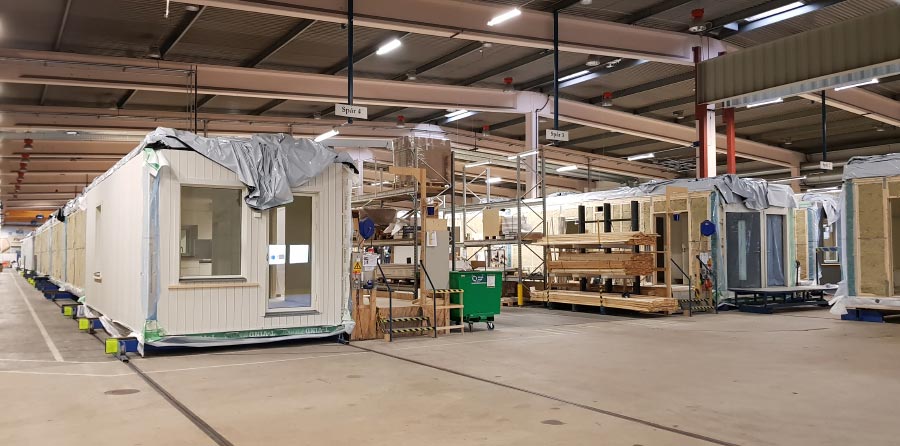About us
Asia-Pacific Research Network for Resilient Affordable Housing
We aim to develop a coordinated approach for the delivery of affordable and resilient prefabricated housing throughout the Asia-Pacific region.
The Asia-Pacific Research Network for Resilient Affordable Housing brings together leading thinkers from the prefabrication industry, building product manufacturers and government agencies, matching them with leading research expertise from the University of Melbourne and its partner research institutions throughout the Asia Pacific region. This will facilitate the rapid development of new prefabricated building materials and systems, which are low cost, lighter, reusable, durable, faster to manufacture and assemble, have greater energy efficiency and resilience under extreme natural disasters.
Objectives
- To bring together leading thinkers from the prefabrication industry, building product manufacturers and government agencies, and match them with leading research expertise from the University of Melbourne and its partner research institutions throughout the Asia Pacific region.
- To develop strategies for a coordinated effort to provide resilient housing and social infrastructure to facilitate rapid recovery from humanitarian events.
- To promote the rapid development of materials and off-site manufacturing processes not possible in traditional construction. Innovative solutions are to be low cost, lightweight, reusable, durable, faster to manufacture and assemble, and have greater energy efficiency and resilience under extreme natural disasters.
- Identify and address the knowledge gap hampering the development of new materials and systems suitable for housing.
- To produce a design platform for prefab construction of high international standing to strategically position industry and research institutions in the region at the cutting edge world-wide.
Background
With many natural disasters such as earthquakes, cyclones, bush fires and tsunamis destroying human habitats around the world, post-disaster housing reconstruction has become a critical topic of discussion for practitioners such as engineers and architects, as well as the general public. The current practice of post-disaster reconstruction consists of various approaches that carry affected home owners from temporary shelters to permanent housing.

While temporary shelters may be provided within a matter of days as immediate disaster relief, permanent housing can take years to complete. However, time is critical, as affected communities will need to restore their livelihoods back to normal as soon as possible. Prefabricated construction has the potential to drastically improve the time taken to provide permanent housing from years to a matter of weeks. Due to this extreme time efficiency, which is an inherent characteristic of modular construction, it can be adopted as a very desirable strategy for post-disaster housing reconstruction.

Our research activities will lead to new prefabricated modular structures which can provide a more time efficient solution suitable for different parts of the world. The outcomes of the research will provide input into guidelines for post-disaster housing reconstruction to be published by various aid organisations. The outcomes and knowledge gained from our research activities will be applied in Australia and globally. Growing Asian nations will seek out Australian finished products, componentry, materials and expertise leading to an increase in exports.
This research program is collaborating with the ARC Centre for Advanced Manufacturing of Prefabricated Housing.